Whether a bamboo fitted sheet will pill depends on the length and quality of the bamboo fiber. Generally speaking, short bamboo fibers are more prone to pilling than long bamboo fibers. However, bamboo fiber is less prone to pilling than sheets made from other materials.
Although bamboo sheet pilling is a very normal phenomenon, we can effectively avoid it. This article will introduce you to how to effectively avoid bamboo fiber pilling.
The Science Behind Why Bamboo Sheets Pill

Let's delve into the science behind why pilling occurs and why bamboo sheets are less likely to pill compared to other materials. Bamboo sheet filling can be attributed to two primary factors: fiber length and quality and friction and wear for regular use.
Fiber Length and Quality
Whether or not bamboo fiber bed linen pilling occurs is related to the length and quality of the fibers used in the production of bamboo bed linen. Longer fibers are usually less likely to pill with high-quality bamboo fibers. These longer fibers make the fabric smoother and more durable, reducing the likelihood of pilling even after prolonged use. Shorter fibers may be more prone to pilling.
This is because shorter fibers need to be joined and spliced more frequently during the weaving process, which increases potential weaknesses and unevenness in the fabric. These joints and splices may become loose during use, especially after many washes, causing fibers to fall out of the fabric or form small balls.
Friction and Wear from Regular Use
Regular use of bedding leads to friction between the sheets and the body, causing wear on the fabric surface. This friction, combined with repeated washing, can lead to the formation of pills on lower-quality bamboo sheets. The constant rubbing against rough surfaces or skin accelerates fiber breakage, resulting in unsightly pills.
In addition to fiber length, thread count and weave play crucial roles in preventing pilling. Higher thread counts result in denser fabrics with fewer air pockets where pills can form. Furthermore, tightly woven bamboo sheets exhibit enhanced durability, reducing the likelihood of pilling even with frequent use.
Why Are Bamboo Fiber Sheets Less Prone to Pilling Than Other Materials?
Below is a detailed comparison table listing the differences between bamboo fiber and other common bed sheet materials (e.g. cotton, polyester) in terms of their susceptibility to pilling, as well as the associated facts and reasons:
|
Feature
|
Bamboo Fiber Sheets
|
Cotton Sheets
|
Polyester Sheets
|
|
Fiber Length
|
Long fibers, fewer joints, lower pilling probability
|
Short fibers, more joints, prone to pilling
|
Inconsistent fiber length, variable quality, prone to pilling
|
|
Surface Smoothness
|
Naturally smooth, reduces friction, lowers wear and pilling
|
Rough fiber surface, increases friction, prone to wear and pilling
|
The surface may be smooth due to chemical treatment but prone to pilling over time
|
|
Antibacterial Properties
|
Naturally antibacterial, reduces fiber damage from bacteria, prolongs lifespan
|
No significant antibacterial properties, frequent washing accelerates wear
|
Poor antibacterial properties, bacterial growth may cause fiber damage
|
|
Durability
|
High-strength fibers resist daily wear and washing
|
Fiber strength inferior to bamboo, prone to wear
|
Susceptible to wear from long-term friction and washing, poor durability
|
|
Environmental Impact
|
Eco-friendly production, biodegradable, reduces environmental impact
|
High water and energy consumption in production, has a significant environmental impact
|
Derived from petroleum, difficult to degrade, highest environmental impact
|
|
Wrinkle Resistance
|
High wrinkle resistance, reduces friction and pressure-induced pilling
|
Poor wrinkle resistance and frequent ironing increases wear risk
|
Good wrinkle resistance, but long-term use and high-temperature ironing can cause damage
|
- Bamboo fiber sheets: Due to their long fiber and natural smoothness, bamboo fiber sheets maintain a low pilling rate after many washes. For example, a particular brand of bamboo fiber sheets still has a smooth surface after 50 washes, with minimal pilling.
- Cotton sheets: In contrast, some high-quality cotton sheets (e.g. Egyptian cotton) are made with longer cotton fibers, but usually show more pilling after the same number of washes.
- Polyester sheets: Polyester sheets may have a smooth surface during initial use, but will show more severe pilling over time and with repeated washing.
Compared with other materials, bamboo fiber sheets are less prone to pilling, thanks to its unique physical properties and production process. The long, thin fibers in high-quality bamboo fiber textiles greatly enhance the resistance to pilling. During the weaving process, these long fibers become more tightly interwoven, resulting in a smoother surface that is less prone to pilling over time.
Practical Tips to Prevent Pilling on Your Bamboo Sheets

With an initial understanding of the science behind pilling and the factors that lead to pilling, let's explore practical tips on how to prevent pilling and keep bamboo fiber sheets in pristine condition.
When washing bamboo sheets, please avoid using harsh chemicals such as bleach or fabric softeners. These products can damage the natural properties of bamboo fibers and make them more prone to pilling. Instead, give preference to eco-friendly, gentle washing products to ensure that the cleaning process is thorough and gentle. Mild detergents are better at maintaining the integrity of bamboo fiber sheets.
You should choose cool or warm water when washing and laundering bamboo sheets. Hot water can cause excessive agitation during the washing process, leading to unnecessary wear and tear on the fabric. In addition, choose a delicate or gentle cycle setting on your washing machine to minimize friction and reduce the likelihood of pilling.
Line drying offers numerous benefits for preventing pilling on your bamboo sheets. Line drying eliminates the mechanical action associated with tumble drying, reducing friction and preserving the smooth texture of the fabric. Additionally, exposure to direct sunlight can naturally disinfect and freshen your sheets while minimizing environmental impact.
If you still need to know something more about washing bed sheets, follow our blog, which will recommend more knowledge that you are interested in.
Common Misconceptions About Bamboo Sheets
Myth 1: All Bamboo Sheets Pill the Same Way
Contrary to popular belief, not all bamboo sheets are prone to pilling in the same manner. The key lies in understanding the distinction between Bamboo Rayon and Bamboo Lyocell.
While both types of bamboo sheets offer exceptional softness and breathability, their manufacturing processes differ significantly. Bamboo Rayon, also known as viscose rayon, undergoes chemical processing involving solvents like sodium hydroxide, which can weaken the fibers and make them more susceptible to pilling over time. On the other hand, Bamboo Lyocell utilizes a closed-loop process that minimizes environmental impact while producing stronger and more durable fibers with reduced pilling tendencies.
Myth 2: Higher Thread Count Means No Pilling
It's a common misconception that a higher thread count guarantees immunity against pilling in bamboo sheets. However, the thread count itself does not determine the cause of pilling.
While a higher thread count generally indicates a denser fabric with a smoother surface, it's essential to consider other factors such as fiber length and weave type. Long fibers contribute to greater resistance against pilling, regardless of thread count. Additionally, the weaving technique plays a crucial role in creating a sturdy fabric that maintains its integrity over time.
Conclusion
The most critical step in preventing bamboo fiber pilling is to choose long-fiber and high-quality sheet materials whenever possible. Then, through effective means at a later stage, the durability of the sheets can be improved and their comfort extended. Souverhome uses sustainable materials to get your high-quality bamboo sheets.

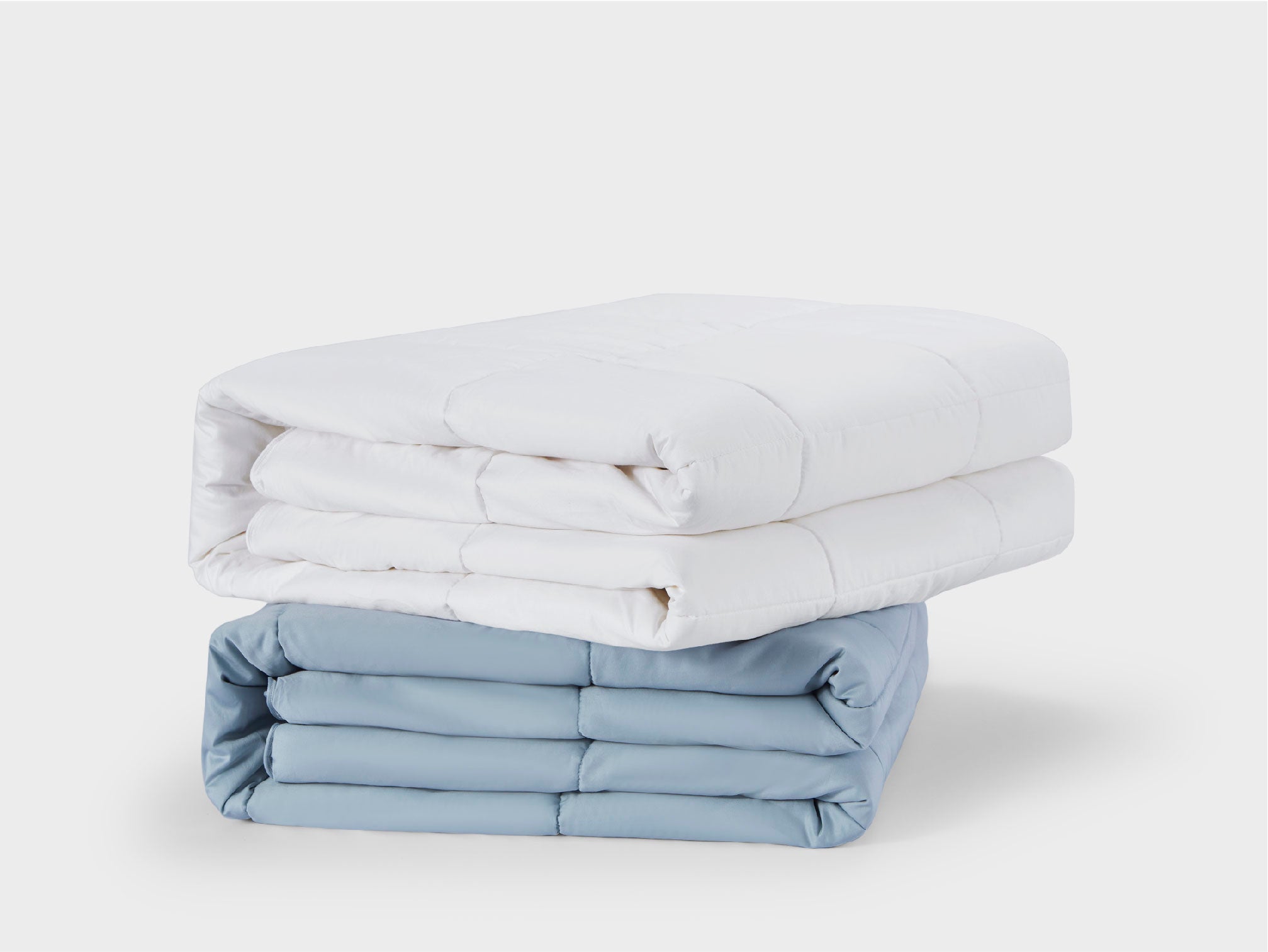
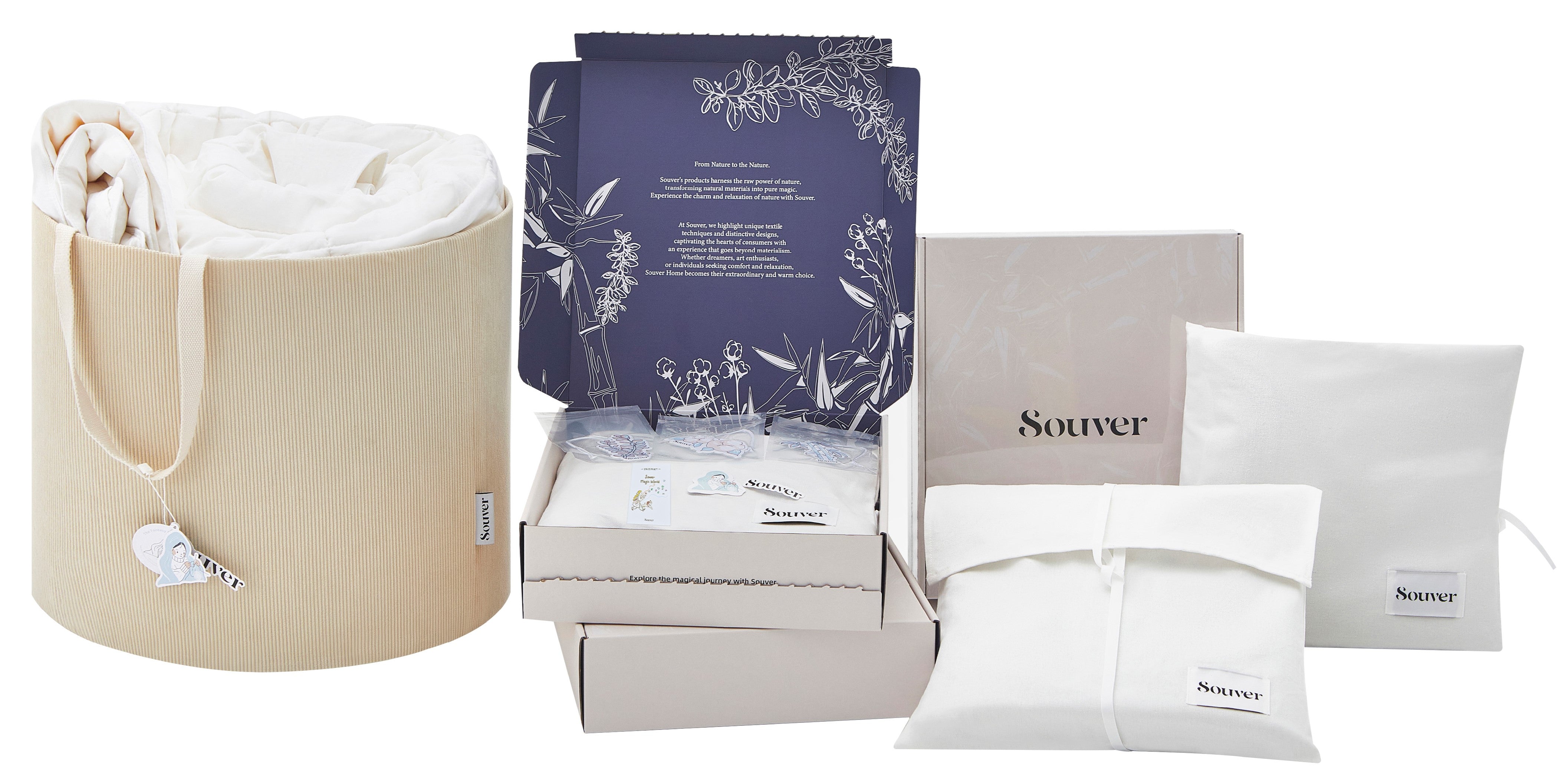


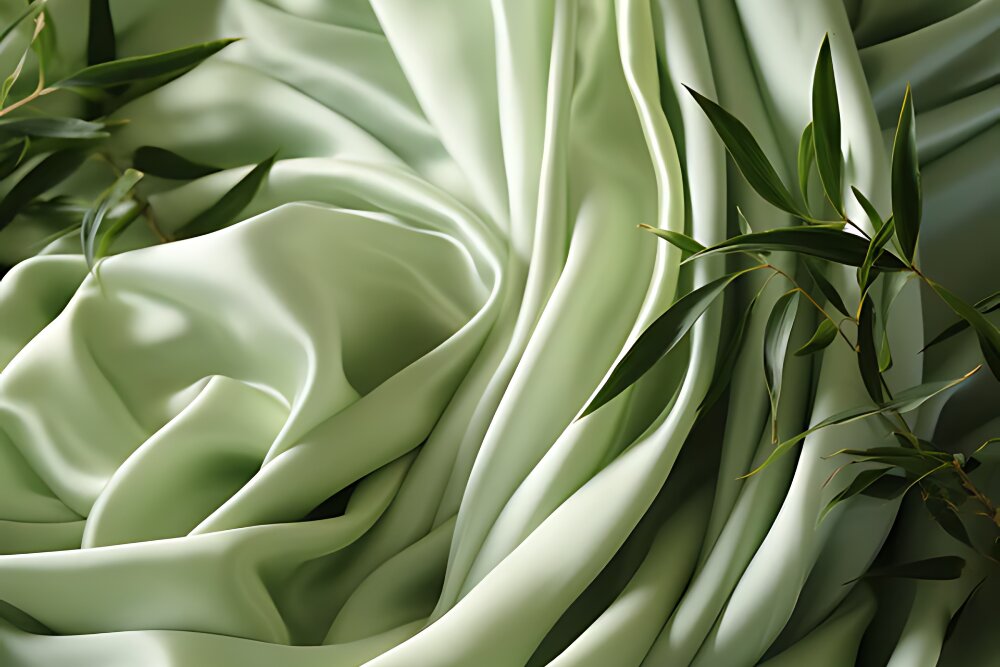
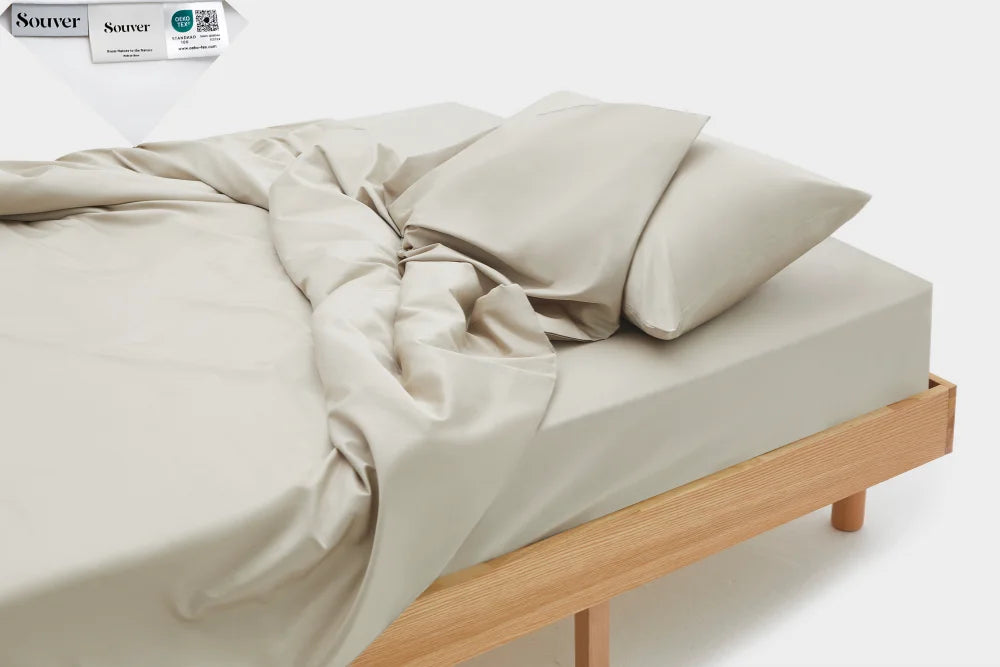
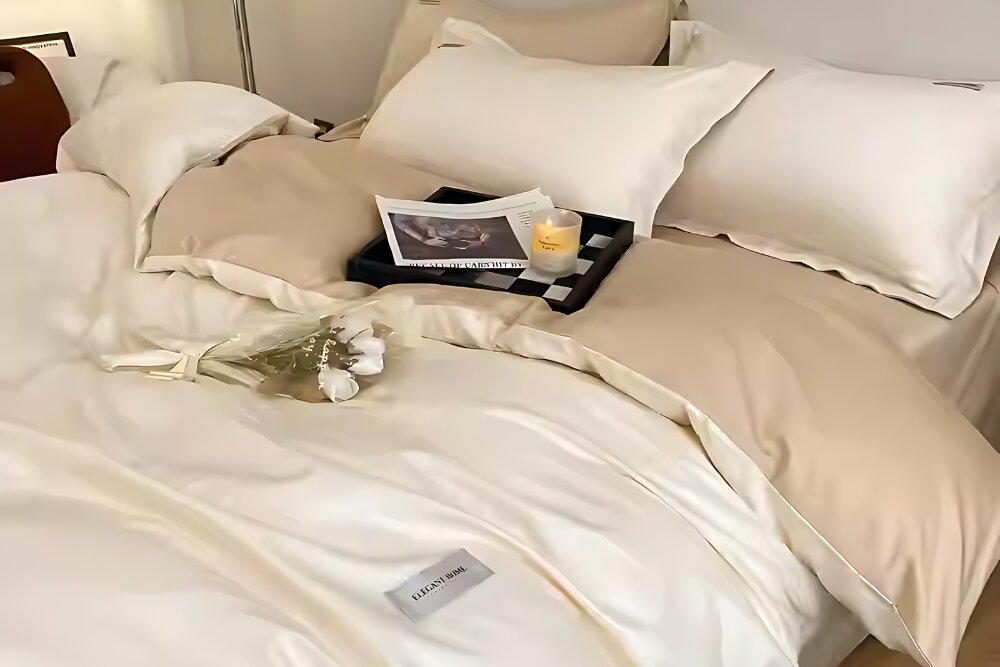
留言
此網站已受到 hCaptcha 保護,且適用 hCaptcha 隱私政策以及服務條款。